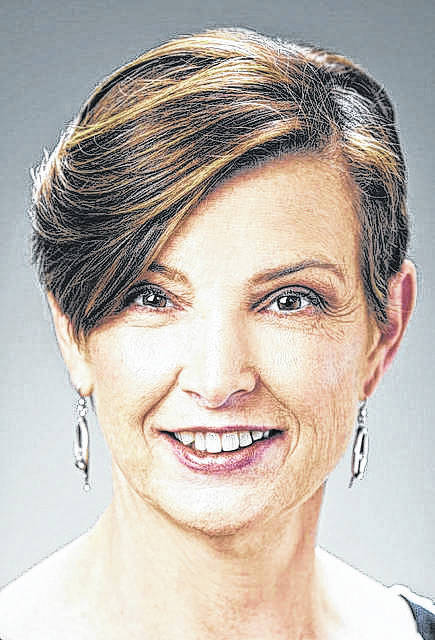Water was probably the substance for the first mirrors; reflecting images back to humans. The earliest mirrors were from polished stone and black volcanic glass obsidian. Visit www.mirrorhistory.com to read the history of mirrors.
Is a mirror an object of vanity? In Greek mythology, Narcissus was known for his exceptional beauty. He gazed at his reflection in a pool of water and fell in love with it.
He could not bear leaving his image so he died. That’s the short version.
Is a mirror an object of self-recognition? Babies learn to recognize themselves in the mirror at around 20 months. In the field of psychology it’s called finding a cognitive sense of self—and that’s mentally healthy. “You mirror what the world mirrors to you,” remarked Jennifer Lopez.
“Mirrors are sparkly and shiny and hypnotic. They’ve fascinated us for thousands of years. And they might show us a lot more about our society’s misplaced priorities than we care to see…We’ve all felt fascinated by the image of our own selves, captured in silver or water or glass. The way we look matters, whether we want it to or not: It alters our job and mating prospects, contributes to our quality of life. We value different human bodies differently, and the ugly truth is that the ones that fit the prevailing culture’s definition of beautiful are evaluated at a higher worth. There’s both a power and a survival necessity in seeing yourself the way the world sees you.” Excerpt from a story, The Ugly History of Beautiful Things: Mirrors, by Katy Kelleher at www.longreads.com.
Do we judge ourselves too harshly based on a mirror’s reflection? Why do we compare our facial features and physical attributes to others? Society, culture, and media dictate what beauty is and what it is not. We choose whether we buy into it.
Photoshop hides face and body irregularities, sagging skin, and fat deposits. But a mirror does not lie—unless your perception is faulty.
I’ve noticed two mirrors in providing therapy to individuals. The mirror of self-rejection and the mirror of self-acceptance. And both are on a continuum. The goal is unconditional self-acceptance based on accepting our flaws, weaknesses, and defects—because we all have them. Everyone’s mirror is a mirror of imperfection—because humans are imperfect creatures.
“If she is afraid of mirrors she is afraid of herself.” Isobelle Carmody is the author of the fictional novel, Greylands. Jack and his sister Ellen are suffering in the aftermath of their mother’s death. There is an unsolved mystery which Jack tries to explore. To him, the mystery has something to do with the “greylands”, a world on the other side of his mirror.
The Internet’s social media madness has unleashed judgmental mirrors of what is and what is not attractive. Selfie, selfie on the FaceBook wall, who’s the fairest one of all?
“Every day, we’re surrounded by images of other people. Highly curated portfolios featuring the best snapshots of lives being lived. How does being bombarded with these images ultimately shape how we see ourselves? Artist Christina Balch wants to change the appearance we choose to celebrate, by taking a selfie every day at the ugliest possible time…morning.” Visit www.ted.com/ted-institute or www.youtube.com.
Girl, Wash Your Face: Stop Believing the Lies About Who You Are so You Can Become Who You Were Meant to Be. A book (2018) by Rachel Hollis. I recommend it.
And what if mirrors did not exist? Other people would have to tell us if a tiny bit of food was stuck in the teeth or if dried mucus (a booger) was in the nose—unknown to us but within view by others.
And mirrors can be more insulting as we age. Hyper-lighted hotel mirrors are the worst. Wrinkles appear magnified. Older girl, shut that mirror up!
Are mirrors good things? Are mirrors bad things? Neither. Mirrors are neutral objects. It’s what humans do with mirrors that matter. That’s the takeaway from this column.
Melissa Martin, Ph.D, is an author, columnist, educator, and therapist. She lives in Southern Ohio.

